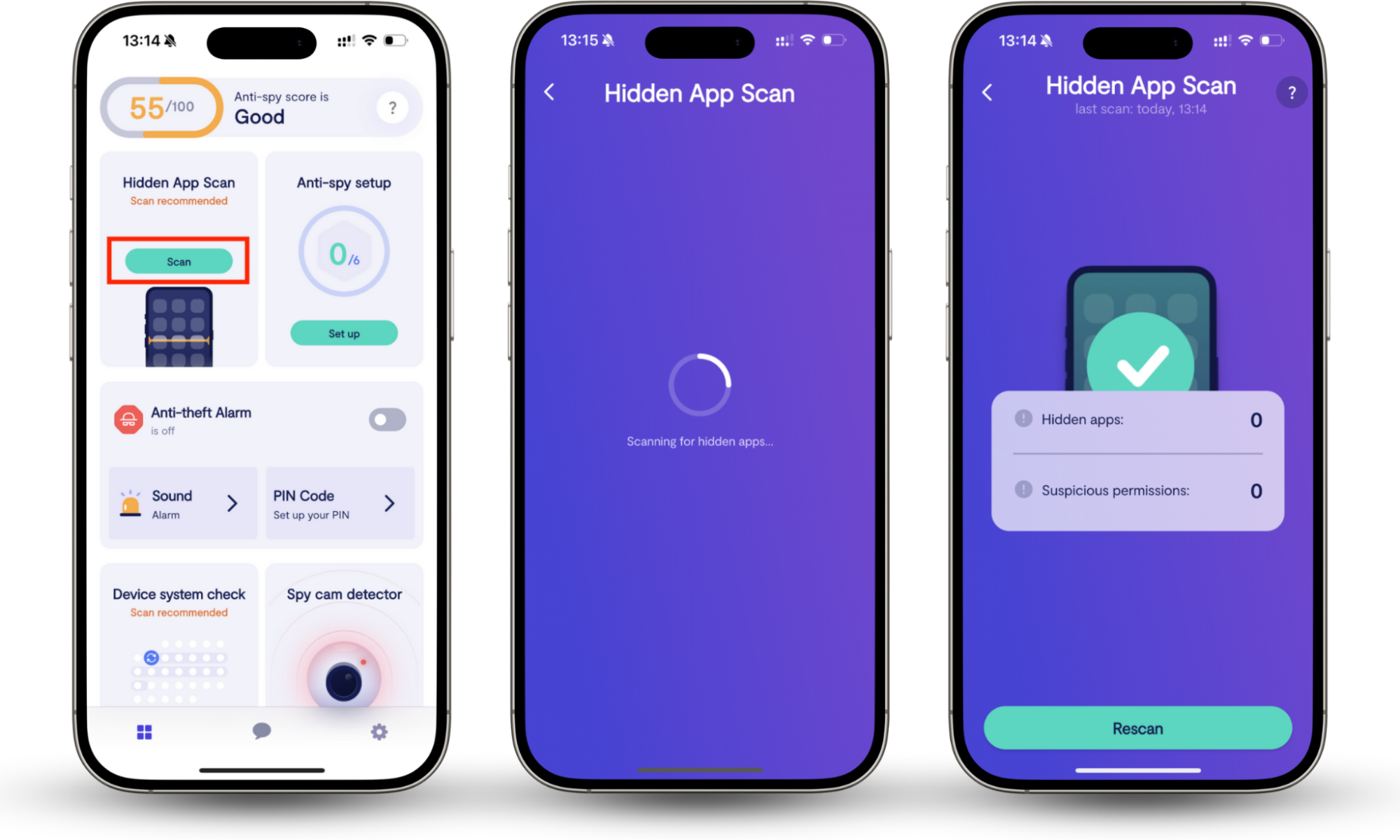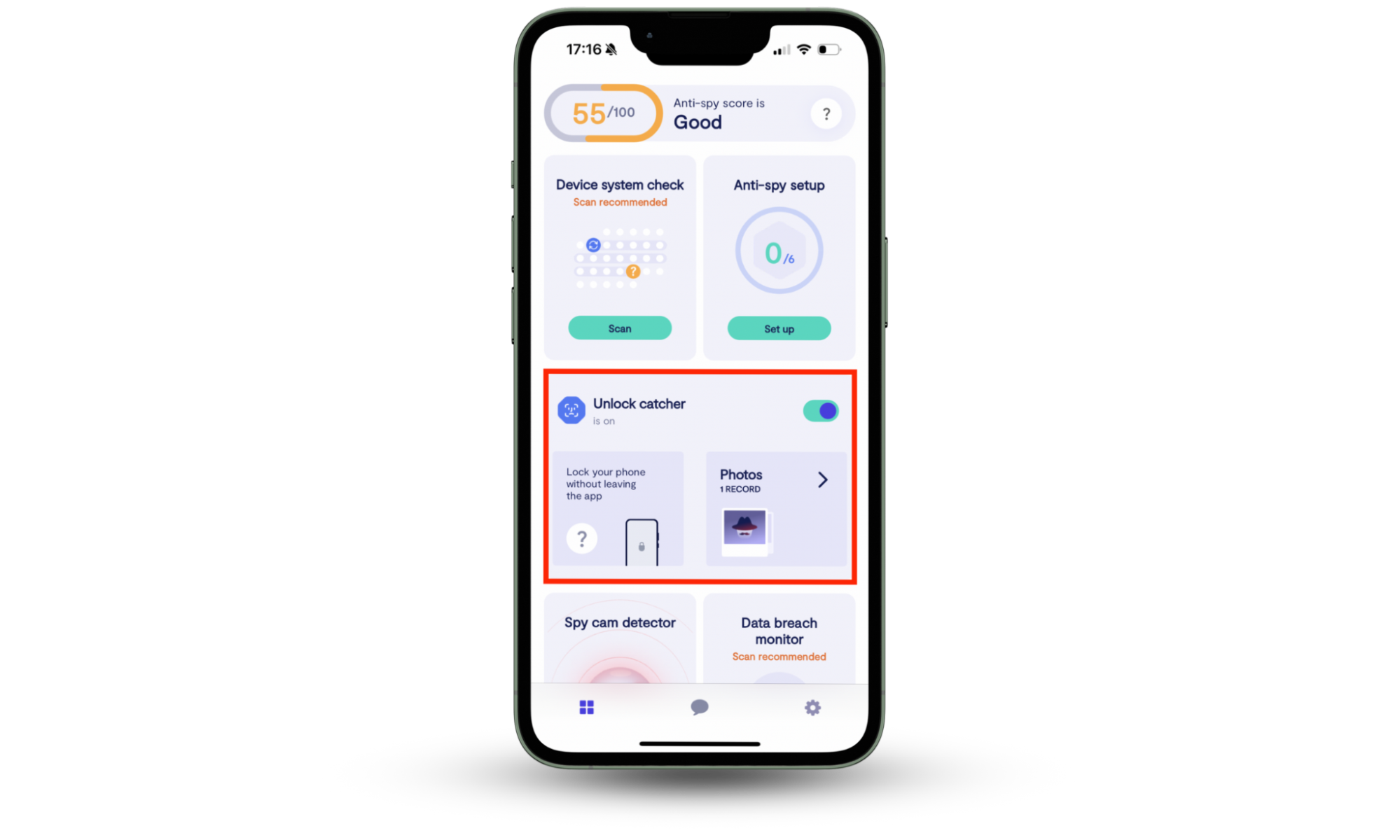Table of contents
- What are red flags of a narcissist?
- Common red flags of a narcissist
- 1. Lack of empathy
- 2. Excessive sense of self-importance
- 3. Constant need for excitement
- 4. Gaslighting
- 5. Love Bombing
- 6. Isolating you from friends and family
- 7. Ignoring personal boundaries
- 8. Their behavior changes for other people
- 9. They lack true friends
- 10. They apologize only to avoid consequences
- Conclusion
What are red flags of a narcissist?
Here are the nine narcissist red flags:
- grandiose sense of self-importance and a strong sense of entitlement
- persistent need for excessive praise and admiration from others
- expectation of preferential treatment, stemming from a belief in one's own superiority
- tendency to overstate personal achievements and abilities
- hostile or defensive reaction when faced with criticism
- fixation on fantasies related to unlimited power, success, or physical attractiveness
- exploiting others for personal gain
- inability or refusal to acknowledge the needs and emotions of other people
- display of arrogant behavior
Note
I'd like to point out that narcissistic traits are inherent to most individuals and don't impact others to the point where they need professional treatment. Meanwhile, narcissistic personality disorder (NPD) is a mental health condition that significantly impairs daily life and relationships.
Common red flags of a narcissist
Common red flags of a narcissist include the need for excessive admiration (where your partner feeds off your compliments), gaslighting (where they make you doubt your reality), and love bombing (an intense and overwhelming display of affection to quickly gain control). Narcissism is also associated with a profound lack of empathy, bullying, and taking advantage of others.
Below are some indicators that your partner may be a narcissist.
1. Lack of empathy
A narcissist's major challenge is understanding feelings, both their own and those of those surrounding them. This creates a double barrier to meaningful connection, and here's why:
- Narcissists often struggle to understand the impact of their words and actions on others.
- Narcissists lack awareness of their own emotional state and how it impacts their decisions.
Try focusing on your own feelings when interacting with someone who lacks empathy. It can also help you spot a narcissist. Here's how dealing with someone low in empathy might make you feel:
- Insignificant and invalidated, as if the other person is not acknowledging your emotions
- Unheard and invisible, as if you are speaking, but no one is there to receive your message
- Unable to rebuild trust due to the partner's inability to show regret or apologize
- Blamed for being "too sensitive" because of constant judgment instead of understanding
- Empty and hollow due to the inability to celebrate your successes with someone who can't share your happiness
2. Excessive sense of self-importance
Narcissists often fantasize about unlimited success and power and use people in their circle to fulfill their motives. Due to their inflated sense of superiority and entitlement, most of the time, narcissists are seen as arrogant and ostentatious. But there are those much harder to spot, called the covert narcissists.
Covert narcissists pose as victims to manipulate and exploit your compassion. Victimizing oneself fosters mutual trauma bonding—emotional dependency that will keep one blind to narcissists' true motives.
3. Constant need for excitement
Narcissists have a fragile ego, so they drag their partner into an admiration vacuum. The problem is that they tend to diminish others' achievements to remain in the spotlight. According to Shirin Peykar, LMFT, NATC, "The main difference between confidence and NPD is that narcissists need others to lift them up, and they lift themselves up only by putting others down. This is something people with high self-confidence do not do."
4. Gaslighting
Now, this narcissist red flag is quite alarming because gaslighting is a form of psychological abuse and manipulation. To spot gaslighting, reflect on whether any of the following resonate with your experience:
- You don’t feel like your former self.
- You are anxious and lack self-confidence.
- You question your perception of facts.
- You find yourself apologizing more often than seems necessary.
- You constantly doubt your emotional responses.
- You regularly create justifications for your partner's unreasonable behavior.
5. Love Bombing
The most obvious indication of love bombing, which is also a narcissist red flag, is when your partner says they love you after just a few dates. According to Rebecca Weiler, LMHC, "If you think it's too early for them to really love you, it probably is. Or if you feel like they don't know enough about you to actually love you, they probably don't."
Tip
Your boyfriend stalks you on social media? A narcissist can be quite persistent in getting control over you. In severe cases, love bombing leads to stalking, because a narcissist wants to be sure you spend all your time and energy on them.
6. Isolating you from friends and family
In order to keep you under their control, a narcissist will work to gradually sever your ties to people in your life. Your support network is purposefully dismantled. Your partner creates greater dependence on them to keep you within their orbit. This might extend to a point where he installs spyware just to monitor your movements and communication with others.
This way of preserving control over you is a huge violation of your privacy and digital boundaries. This way, a narcissist can not just spy on you, but also access your sensitive information and collect passwords to your accounts, just to further strengthen their hold over you. Don’t let this happen. Use Clario Anti Spy’s Hidden app scan. Our app can help you detect and remove suspicious apps and app permissions. It checks the permissions for apps you installed to help you identify ones that are infringing on your privacy and accessing your data without your consent.
Here’s how to use Clario Anti Spy’s Hidden app scan:
- Install Clario Anti Spy and set up an account.
- Go to Hidden app scan feature and tap Scan.
- Wait for scan results.

7. Ignoring personal boundaries
Narcissists often disrespect others' boundaries. They might breach your digital privacy by snooping around your phone and overriding your pleas for space.
Your privacy matters, and there are ways you can protect it. Clario Anti Spy's Unlock catcher secretly photographs anyone who unlocks your phone, storing the photo with a timestamp in a secure report within the app. It operates discreetly, so the person is unaware their picture has been taken, helping you confirm if your privacy is being violated.
Here’s how to use Clario Anti Spy's Unlock catcher:
- Install Clario Anti Spy on your mobile device.
- Set up an account.
- Go to Unlock catcher feature and toggle the switch (it should turn green)
- Secret photos of potential intruders will be stored in the app record.

Narcissists aim for control; that is why they don't accept your boundaries. In severe cases, they go as far as tracking their victims' physical location. So, if you wonder do narcissists stalk you, they probably might, especially if you have ended your relationship with them.
8. Their behavior changes for other people
Narcissists have low self-esteem and need a constant boost of validation. That is why they tend to be socially charming—to receive attention and praise. They can be generous with their friends and kind to strangers to look good in front of people, receive compliments, and remain in the spotlight. Narcissists care about their image and reputation, so they often brag about their good deeds.
9. They lack true friends
Friendship sometimes requires selflessness, care, and being there for someone. An absence of psychological and emotionally generous reciprocity makes any real or formative bonding utterly impossible for a narcissist.
This is why narcissists have few true friends and many conflictual, ligated, and consequently short relational situations.
10. They apologize only to avoid consequences
For narcissists, accountability is water off a duck's back. Their tardiness translates into your failure to remind them, and their rudeness is proof of your oversensitivity. Whatever the issue, it gets reframed to hold you responsible for their choices and actions.
By forcing you to doubt and question objective reality, they escape consequences and leave you in a state of confusion and self-doubt.
Conclusion
Knowing how to identify red flags of a narcissist is a means of self-preservation. If your partner constantly brings you or others down, is hyper-focused on themselves, regularly gaslights you, and shows no remorse whatsoever, it might be that you are dealing with a narcissist. A narcissist will also violate your personal boundaries or even exhibit stalking signs, like monitoring who you follow on social media or trying to read your text messages.
You can act now and protect your digital privacy. Clario Anti Spy’s Unlock catcher tool takes secret snapshots of everyone who tries to unlock your phone, while Hidden app scan finds and removes suspicious apps that may have been installed without your permission. Stay safe!


